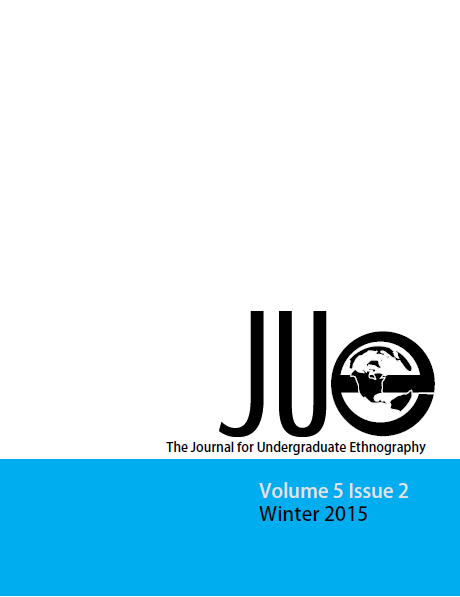"Can You Bring Me Some Water?": A Reflexive and Engaged Ethnography of Rastafari "Bush Doctors" in South Africa
DOI:
https://doi.org/10.15273/jue.v5i2.8269Resumo
This paper explores the relationship between Rastafari herbalists and tuberculosis in the Western Cape province of South Africa. Marginalized and impoverished communities are the worst affected by the TB epidemic, and government-funded biomedical treatment plans are struggling to address the problem. Anthropologists have thus begun to explore the social and cultural factors influencing the prevalence of the disease. The Rastafari herbalists represent an important avenue for affordable alternative healthcare, when biomedical care is insufficient, socially and culturally inappropriate, or simply unavailable. Drawing on ethnographic fieldwork, including participant observation and unstructured interviews conducted in the homes and workplaces of these healers, I found that many Rastafari herbalists believe they have superior treatments for tuberculosis, and often discourage the use of biomedicine. This is the result of a long history of oppression and inequality, in which bureaucratic systems of control – and the biomedical systems they include – have kept knowledge and resources away from marginalized peoples who need them most, thereby reproducing and deepening structural inequality. Using reflexive analysis, I sought to challenge the dominant modes of anthropological engagement and knowledge production as themselves mechanisms of hegemony. Finally, some suggestions have been provided regarding the future of anthropology, and its quest to enable tangible and positive change in the lives of its research participants.


